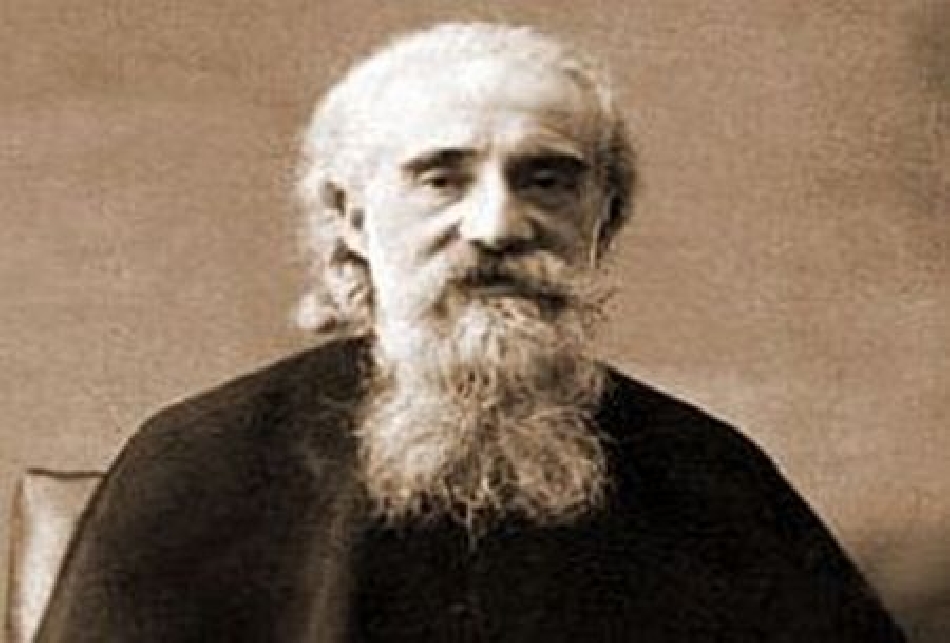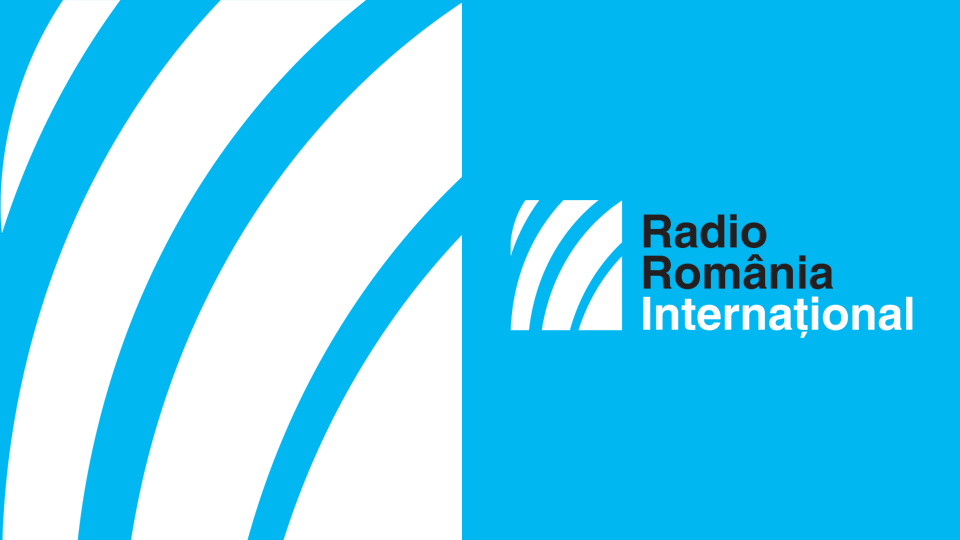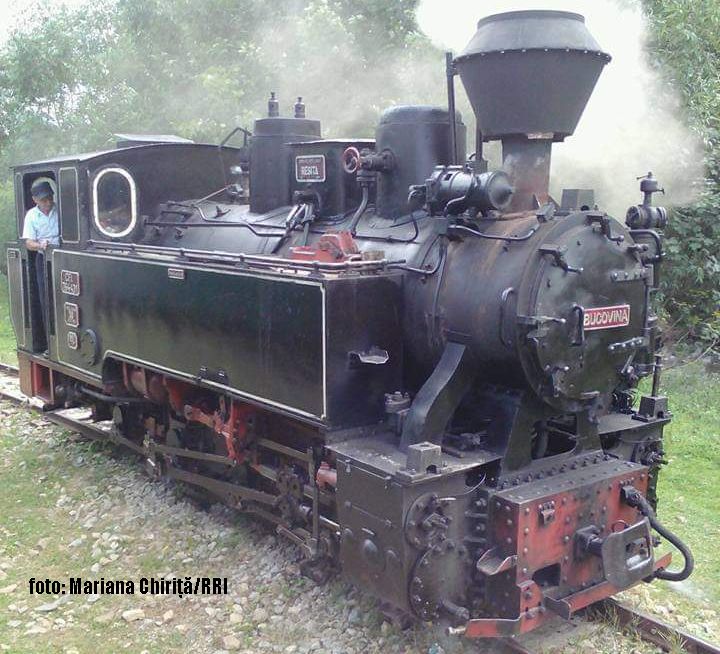Vladimir Ghika (1873-1954)
A profile of Vladimir Ghika, a Romanian prince, priest and philanthropist.

România Internațional, 31.08.2013, 14:03
Vladimir Ghika was born into a family who gave 9 princes to the two Romanian Principalities of Wallachia and Moldavia. He was born in 1873 in Constantinople and studied theology and philosophy in Rome, becoming a Catholic priest in 1923. It is one of the most outstanding personalities in the history of Romanian ecumenism, being close to the spirituality of Byzantine Christianity, which he sees integrated into the Latin one.
Born a Christian Orthodox, Vladimir Ghika embraced Catholicism in 1902. After trying to start a diplomatic career, he eventually devoted his life to an apostolic and philanthropist mission. He founded an ambulance service during the peasant uprising of 1907 and the “Bethleem Mariae” clinic, which provided free of charge medical services. In Bucharest, he set up the ST. Vincent de Paul sanatorium, run by nuns belonging to the order of the same name. After 1948, when the communists nationalised the sanatorium, it was turned into a hospital.
Although he gave up his diplomatic career, Vladimir Ghika continued to play an active role in the lay life. He received a distinction in 1913, in the wake of the Second Balkan War and was Romania’s first ambassador at the Vatican, between 1918 and 1919. He devoted a large part of his life to missionary activities. Father Francisc Dobos has showed that Vladimir Ghika’s vocation to spread the word of God and Christian teachings took him to all corners of the world.
Francisc Dobos: ”He was just like the Pope characterized him, an apostolic wanderer because he travelled to all continents. After he was ordained, he crossed all continents, on a mission, entrusted to him by the Holy Father. He attended various world Eucharistic congresses, from Sydney, to Manila, Japan, Congo or Buenos Aires. That is why people used to say that the way followed by Ghika was the railway, because that was the means of transportation he used. Crossing such big distances he made Romania better known abroad. “
In his final years, Vladimir Ghika produced the most powerful evidence of his vocation. In the confrontation with the communist regime, the active philanthropist was one of the victims of the infernal machinery of communist repression. But at a symbolical level, he defeated his adversary, as history proves it. Vladimir Ghika served as a priest in Romania, since 1939. In 1950, he was arrested in the street, accused of espionage and thrown into prison at the age of 79. There, he shared the same fate as all those martyrs who refused to abjure their faith. Father Francisc Ungureanu, who was very much involved in the process of beatification of Vladimir Ghika at the Vatican, found out from documents many details about the last years of Ghika’s martyrdom.
Francisc Ungureanu: ”Vladimir Ghika died in May 1954 in the Jilava jail, because of the treatment he was subjected to both in Jilava and Uranus. He was investigated for a whole year and spent another year in prison. Vladimir Ghika told monsignor Ieronim Menges about the way in which he got tortured during the investigation in Uranus. Official documents of the former political police, the Securitate show that because of his old age he couldn’t be subjected to drastic and thorough interrogation. However, according to the stories of monsignor Menges, who was released from prison when Vladimir Ghika was amnestied, the latter was repeatedly subjected to incredible physical and mental torture. One such torture method was electrical hanging, used by torturers to see what frightened him the most, to put pressure in that area. Vladimir Ghika’s utmost fear was hanging. Consequently, they threatened him that they would hang him naked, on a boulevard, but they were electrically hanging him in jail. They would lift him up by his neck, then drop him suddenly. They applied this procedure 80 times. He was also even sentenced to death and brought in front of a firing squad. We can’t possibly imagine what terrible things that tiny man, aged 80, experienced.”
That was also the nightmare of hundreds of thousands of people, who preserved their honour and principles unaltered, a nightmare that came to an end in Romania in 1989. Today, Vladimir Ghika serves as a model for Romanians, becoming the symbolic figure of universal human qualities.






























